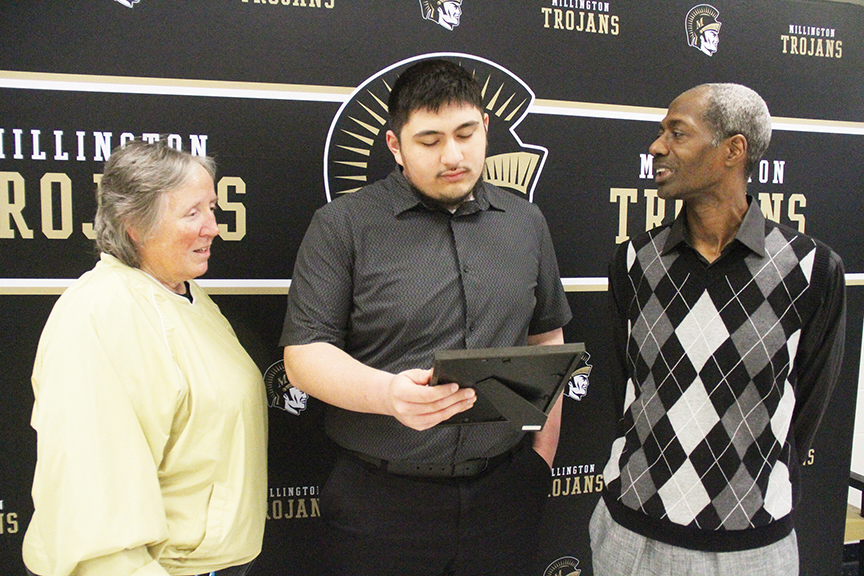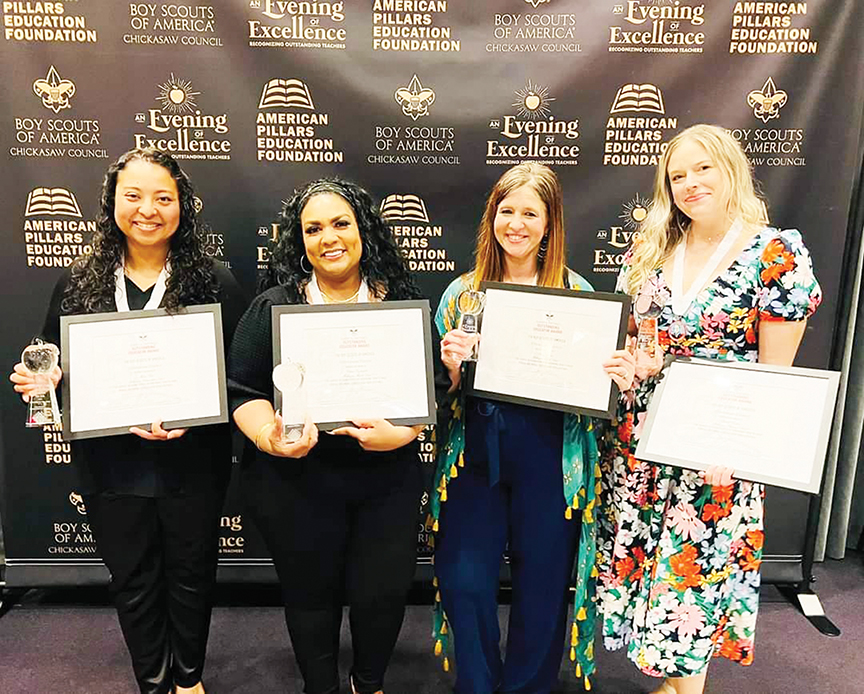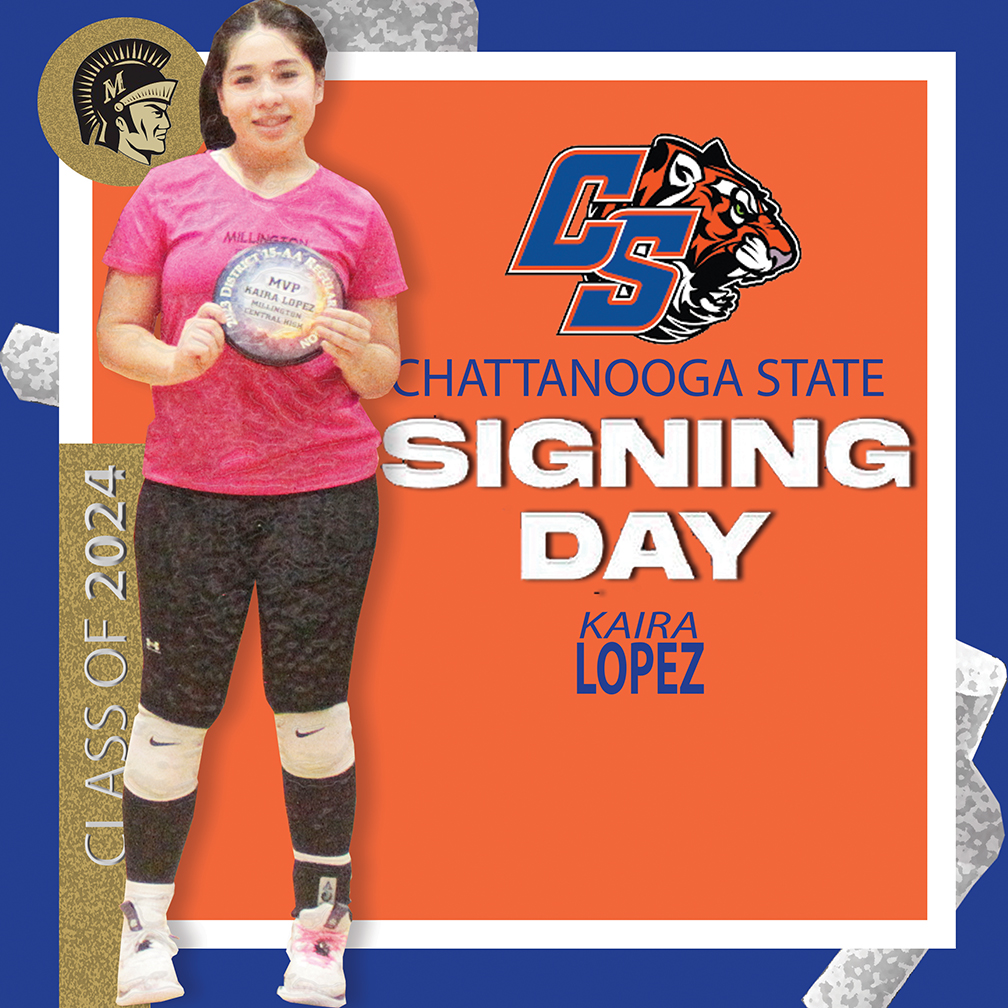By David Peel
Those who serve as police officers have one of the most thankless and dangerous jobs I can imagine. I guess that is why I hold them in such high esteem. Imagine that tonight you have to walk up alongside dark cars with tinted windows next to speeding traffic not knowing who you will encounter in the vehicle. That’s what almost every traffic stop is like for these men and women. They don’t know if there someone in the backseat behind that darkly tinted window ready to open fire. They don’t know if the driver has something to hide and is willing to kill to do it. They don’t know if a passenger is wanted for multiple felonies and is on the run. They don’t know if someone has escaped an asylum somewhere. They can’t know whether the person is suicidal and wants to be shot by the police on purpose. They don’t know if it’s a terrorist or a terrorist want to be. Granted, most of the time what they find is a terrified teenager who doesn’t want a ticket on his record. Or maybe the tearful mother who has had a horrible day and is just trying to get home and get dinner on the stove. Or maybe the middle-aged worker who’s going to school at night and working all day and is so sleepy that he has driven a little erratically. But the point is they don’t know. And so if you get pulled over it is imperative that you know exactly what to do to keep you safe and to assure the officer that there is no threat coming from your vehicle. If you are pulled over at night, pull safely out of the traffic lane, put the car in park, turn on your dome light and put your hands on the steering wheel. This allows the police officer to feel much more at ease that neither you nor anyone in your vehicle is a threat. When the police officer asks you for your license, insurance card or registration, tell the officer where they’re located and ask permission to reach for them so he can be in the best position to monitor you. This is especially true if you’re going to be opening up glove boxes or consoles. If you possess a weapon it would be a good idea to have your permit with your license and you can produce that as well. It is wise to let the officer know where your handgun is kept so he will feel comfortable. I don’t do any criminal law and never have, but I can assure you there is really no such thing as winning an argument with a police officer. The officer is not there to debate you. A cop may or may not let you off with a warning, and that’s fine, but please do not get into the idea of calling him or her a “public servant” or other demeaning things. Even if you disagree with the ticket, sign the ticket and be courteous to the policeman. The signature on the ticket is simply saying that you received the ticket and you’re aware that their charges pending for what you have to answer. It does not mean that you agree with those charges. Are there problem police officers? Are there police brutality cases? Are there arrogant cops who illegally blow through stop signs and stoplights without even any lights on, endangering citizens? Of course there are. My police friends are a lot more aware of them that even you are. But they are so rare. Police as a whole, are so courteous and put up with so much malevolence it saddens me. I am afraid we have a generation growing up to distrust the police. That is such a dangerous generalization. Not every person on the road is a drunk driver. Not every cop is a bad cop. Not every gun will be used in a crime. Not every police shooting is unjustified. So instead of giving a police officer a hard time, why don’t you thank them? Consider buying them a meal if you see them in a restaurant. Let them go ahead of you in line. Cops die every week in our country there is a thin blue line between us and anarchy. A staggering amount of police injuries and deaths occur in the routine traffic stops. We can do something about that by being more courteous, and more careful, and a better example to the next generation of how we regard are common interaction with these every day heroes that help keep us all safe. Peel seeks justice for those injured in car accidents, work place incidents, medical malpractice, and nursing homes. He often addresses churches, clubs and groups without charge. Peel may be reached through PeelLawFirm.com wherein other articles may be accessed.
— What do you think? Send Letters to the Editor to [email protected].




